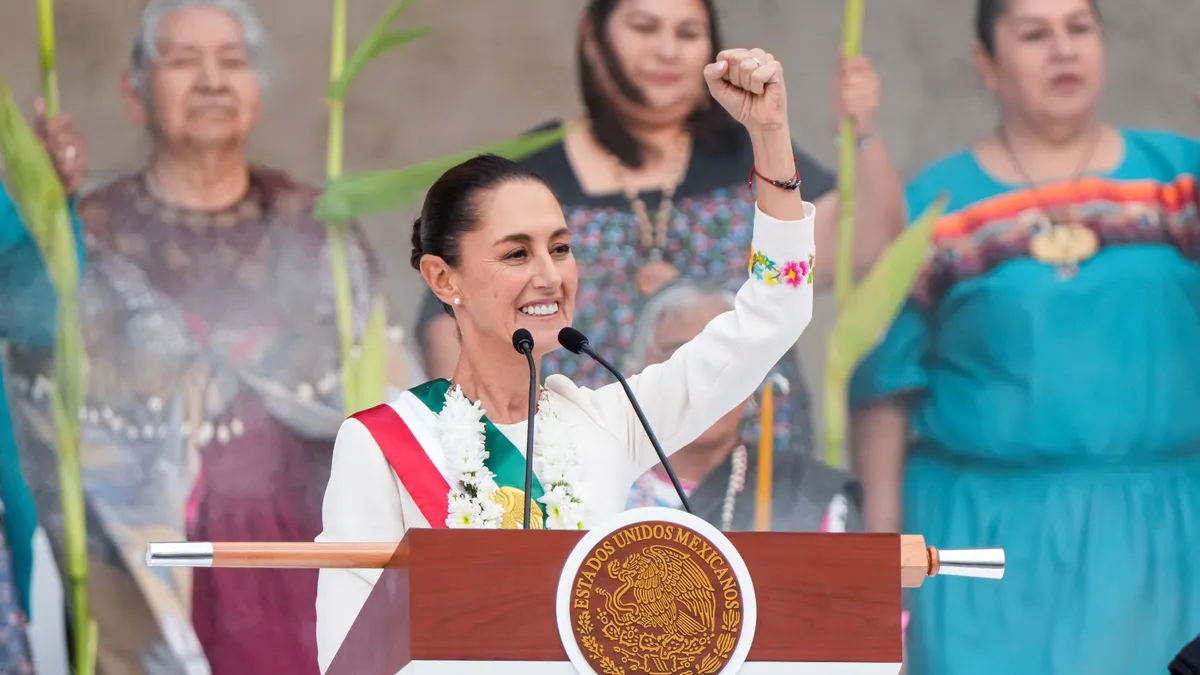The United States and Mexico have successfully brokered a crucial agreement to extend a significant tariff pause, initiating a 90-day negotiation period aimed at solidifying a long-term bilateral trade accord. This development prevents the imposition of a previously announced 30% tariff on imports from Mexico, a measure initially slated to resume under the Trump administration.
This extension comes after intense discussions, highlighted by a recent phone call between U.S. President Donald Trump and Mexico’s newly inaugurated President, Claudia Sheinbaum. The immediate effect of this diplomatic engagement is the averting of imminent trade disruptions that could have impacted various sectors reliant on cross-border commerce.
The original plan by the Trump administration involved the resumption of country-specific duties for certain Mexican imports, following a months-long moratorium. Had the pause not been extended, these tariffs would have gone into effect, signaling a potential shift in the international trade policy between the two North American neighbors.
Central to these tariff negotiations is the adherence to the U.S.-Mexico-Canada Agreement (USMCA). While the extended moratorium specifically applies to goods compliant with the USMCA, non-compliant goods have consistently faced a 25% tariff, underscoring the complexities inherent in modern bilateral agreements.
President Sheinbaum lauded the outcome of the high-level discussion, emphasizing the collaborative spirit. She publicly stated, “We had a very good call with the president of the United States, Donald Trump. We avoided the increase in tariffs announced for tomorrow and attained 90 days to build a long-term agreement through dialogue,” highlighting the effectiveness of economic diplomacy in resolving potential trade disputes.
Similarly, President Trump confirmed the commitment to three months of continued negotiation, with the explicit objective of finalizing a comprehensive US-Mexico trade deal within this timeframe. This mutual commitment signals a shared interest in fostering stable and predictable economic ties, despite underlying policy differences.
This period of negotiation will be critical for both economies, influencing everything from supply chains to consumer prices. The outcome of these Trump-Sheinbaum talks will set a precedent for future trade engagements, demonstrating the capacity of both nations to navigate complex economic landscapes through dialogue rather than punitive measures.
Beyond the immediate scope of US-Mexico relations, President Trump also announced separate tariff actions against Brazil and China, indicating a broader strategy concerning global trade. These parallel announcements underscore a dynamic period for global trade policy, with significant implications for international commerce beyond just North America.





Leave a Reply